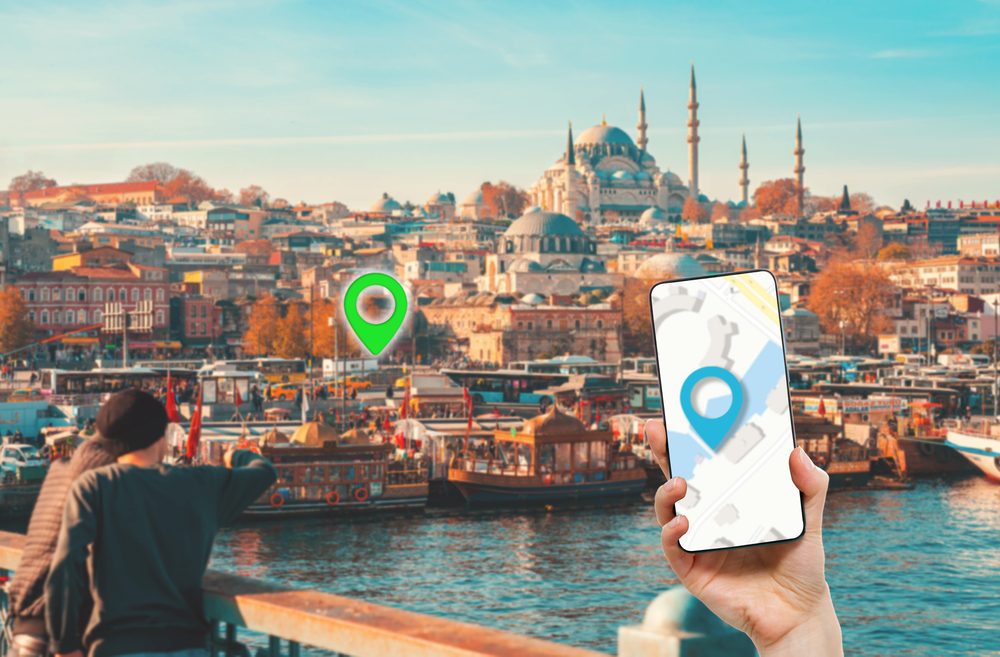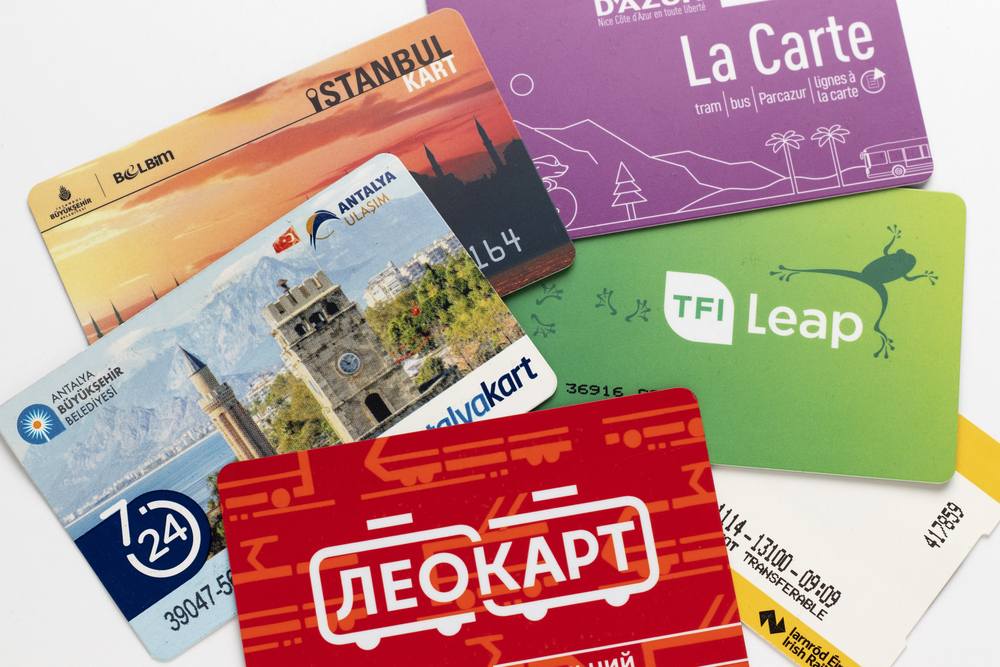Traveling to places where you don’t speak the language can initially feel intimidating. Many would-be adventurers simply miss out on incredible experiences because they worry about communication barriers. But the truth is that humans have been finding ways to connect across language divides for thousands of years, long before translation apps existed.
The modern world offers more tools than ever for navigating foreign language environments with ease and confidence. Here are 20 practical strategies for traveling successfully without speaking the local language.
Translation Apps

Translation applications have transformed international travel over the past couple of years. Google Translate, Microsoft Translator, and others quickly translate text, speech, and images.
Before a trip, install the language package to use offline without incurring hefty data fees or suffering connectivity loss in the hinterlands.
Picture Dictionary

A communication card or visual dictionary will be a lifesaver in case of technical failure. These neat little gadgets contain pictures of objects, places, and services around you, to which you point as you speak.
They are the adult equivalents of picture books we children had—occasionally, the best answer is the simplest.
Like Travel Pug’s content? Follow us on MSN.
Body Language

Humans communicate approximately 70% of their messages through nonverbal means. Smiling, pointing, hand movements and facial expressions are global languages for expressing basic needs and feelings.
If a smile accompanies a wave, most people respond positively, irrespective of their language abilities.
Learn Key Phrases

While the premise is traveling without speaking the language, learning just 5-10 basic phrases can make a world of difference. Focus on greetings, ‘please,’ ‘thank you,’ ‘excuse me,’ and ‘do you speak English?’
These simple efforts show respect for the local culture and often encourage locals to meet you halfway in communication.
Carry Written Addresses

Always write your accommodation address in the local language. Hotel business cards are perfect for this purpose, but a screenshot or printed copy works just as well.
This simple preparation eliminates one of the most common travel challenges: explaining to a taxi driver where to go.
Like Travel Pug’s content? Follow us on MSN.
Use Maps Apps

GPS-enabled map apps allow you to navigate independently without asking for directions. You can bookmark important locations and open them offline with a Wi-Fi connection.
This approach permits you to explore new territory while knowing you can always find your way back to familiar territory.
Visual Itinerary

Create a visual itinerary with pictures of landmarks, attractions, and restaurants you plan to visit. Showing a picture of your destination is often faster and clearer than pronouncing unfamiliar place names.
Local people can quickly recognize familiar sights and point you in the right direction.
Currency Recognition

Before arrival, familiarize yourself with local currency to quickly identify different denominations. Count money visually when making purchases, allowing vendors to correct you.
This approach minimizes confusion and builds trust in financial transactions despite language barriers.
Like Travel Pug’s content? Follow us on MSN.
International Menu Cards

Several apps and websites provide translations of common menu items into multiple languages. Alternatively, researching typical local dishes before your trip can help you recognize key food words.
When all else fails, many restaurants in tourist areas offer picture menus or display food models, making ordering a visual experience.
Hotel Staff Assistance

Hotel employees in tourist destinations often speak multiple languages and can serve as valuable communication resources. Ask them to write down instructions, destinations, or questions in the local language that you can show others during your exploration day.
Many will happily make restaurant reservations or explain specific needs on your behalf.
Travel With Pictures

Keep a collection of pictures on your phone that illustrate common needs – a bus, train, bathroom, pharmacy, or food items. Visual communication transcends language barriers and provides clarity that words sometimes cannot.
This technique works particularly well in markets and when using public transportation.
Like Travel Pug’s content? Follow us on MSN.
Follow Other Tourists

When completely lost or confused, following other obvious tourists can lead you to major attractions, transportation hubs, or tourist-friendly businesses. While not a primary strategy, this approach can help you reorient yourself when other methods fail.
Just maintain awareness of your surroundings and personal safety.
Pre-book Activities

Arranging tours and activities in advance through international booking platforms eliminates on-the-spot communication challenges. These services typically provide clear meeting instructions, often including guides from multiple languages.
This preparation creates a structured framework for parts of your trip where language assistance is most valuable.
Transportation Cards

Purchasing rechargeable transportation cards in major cities eliminates the need for verbal communication when using public transit. Many subway and bus systems feature maps and numerical route identifiers that are easy to follow without language skills.
This approach gives you independent mobility throughout your stay.
Like Travel Pug’s content? Follow us on MSN.
Universal Symbols

Recognizing universal symbols for restrooms, exits, information desks, and other common services eliminates many basic communication needs. These standardized icons exist to overcome language barriers and appear consistently in airports, train stations, and public spaces worldwide.
International Driving Permit

An international driving permit translates your license information into multiple languages if you plan to drive abroad. This document is recognized in over 150 countries and eliminates confusion during vehicle rentals or potential interactions with traffic authorities.
The permit serves as both an identification and an explanation of your driving privileges.
Find English Speakers

English has become a global common language, particularly in tourism, higher education, and business. Young people in many countries study English in school and often welcome opportunities to practice with native speakers.
When truly stuck, politely asking, ‘Do you speak English?’ in busy areas often leads to finding someone who can help.
Like Travel Pug’s content? Follow us on MSN.
Emergency Cards

Prepare emergency cards in the local language with crucial health information, allergies, and emergency contact details. These cards provide critical information when communication is most vital.
Medical professionals worldwide understand the importance of this information, regardless of language differences.
Embrace Misunderstandings

Meeting language barriers with humility and humor turns possible frustrations into memorable travel experiences. Miscommunications are inevitable despite preparation, and embracing them as part of the adventure shifts your mindset.
Some of the most genuine cultural interactions occur when figuring out these challenges together.
Cultural Awareness

Learning local norms on personal space, proper greetings, and dining manners prepares you for nonverbal cultural expectations. Knowing when to bow, shake hands, or take off shoes requires no words but reflects a deep respect for local culture.
These gestures often open doors that language skills alone cannot.
Like Travel Pug’s content? Follow us on MSN.
The Universal Experience

The human experience goes beyond linguistic divides in amazing ways. Over the centuries, humans have crossed linguistic divides with common needs, emotions, and experiences.
Today’s travelers have technology our forefathers could hardly imagine, yet the basics do not vary—respect, patience, and genuine curiosity forge true connections regardless of language abilities.
More from Travel Pug

- 20 Destinations That Were Once Thriving but Are Now Quietly Disappearing
- 13 Destinations Where Tourists Regularly Regret Their Trip
- 20 Once-Popular Beach Towns That Are Now Ghostly Empty
- 10 Under-the-Radar Mountain Towns That Are Both Affordable and Beautiful
- Take a ‘Learning Vacation’ in These 20 Extraordinary Places
Like Travel Pug’s content? Follow us on MSN.
